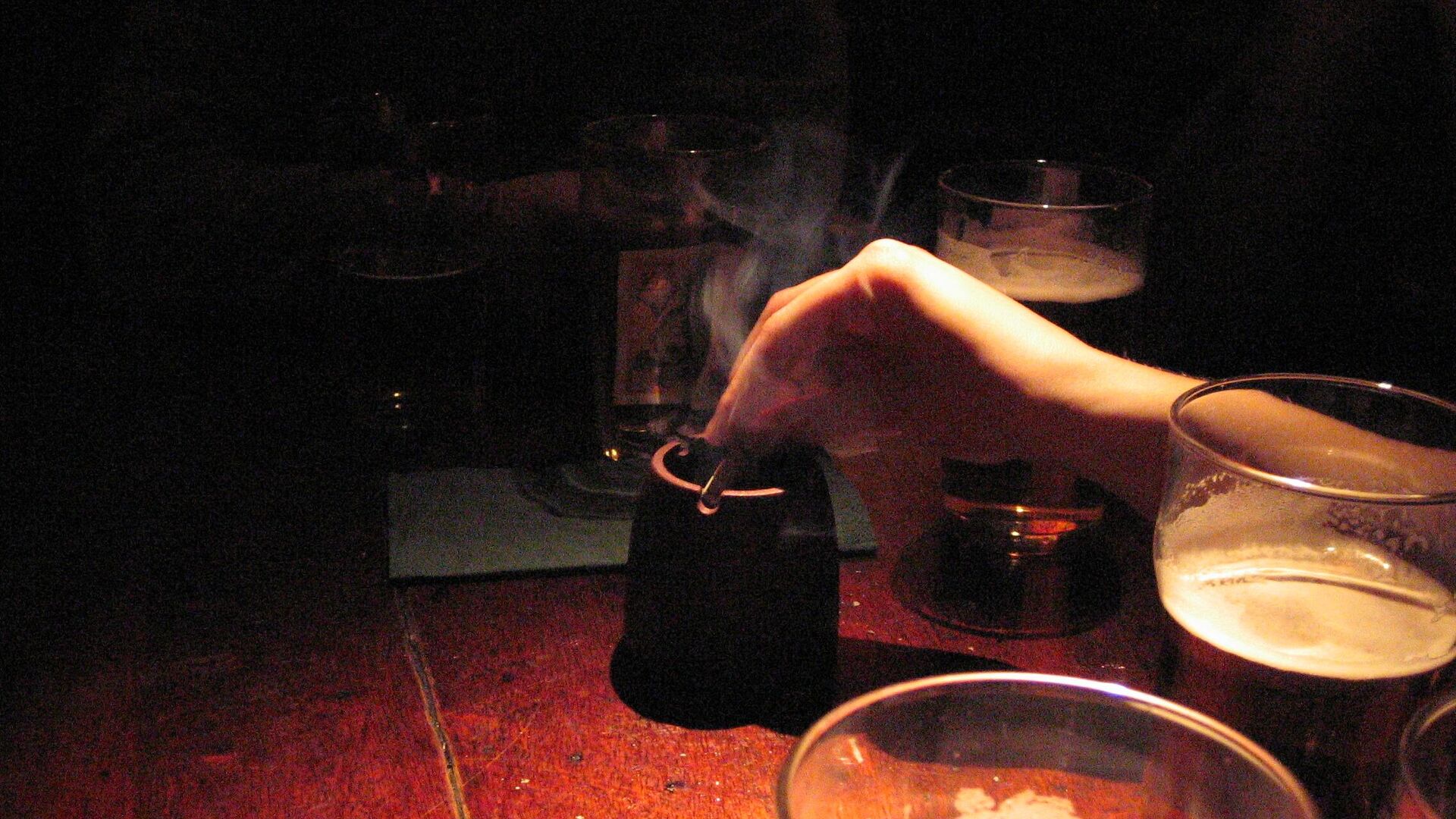Early Birds vs Night Owls: New Study Reveals Bad Habits Shorten Evening People's Lives
18:58 17.06.2023 (Updated: 19:31 17.06.2023)
Subscribe
Previous studies suggested that night owls who tend to stay up until late, are more likely to suffer from various health problems and have a higher risk of dying in comparison with morning people. However, researchers mostly didn't take into account different factors, including people's lifestyle.
People who stay up late and struggle to get themselves out of bed in the morning aren't likely to die younger than early birds, as long as they are making healthy life choices and don't use nights for drinking and smoking, a new study has revealed.
A 37-year-long study on chronotype and mortality was conducted by Finnish researchers and published in the journal Chronobiology International. It was intended to find out more on the issue of whether early risers tend to live longer.
In 2018, scientists from the UK carried out a similar study and revealed that evening people had a 10% higher risk of dying than morning ones. Analyses were adjusted for various factors, including smoking, however alcohol was not included.
The new study by Finnish researchers followed almost 24,000 same-sex twins in the country, who were asked in 1981 to identify their chronotype - evening or morning person. Among the respondents, nearly 30% identified themselves as morning types, 27.7% were somewhat morning types, 33.0% somewhat evening types, and 9.9% evening types.
"Compared to morning types, evening types were younger, had slightly higher proportions in categories of education with longer duration, consumed more alcohol and smoked more," the researchers said.
When the scientists followed up in 2018, over 8,700 of the twins had died. Over the 37 years, it was found that the definite night owls had a 9% higher risk of death from all causes, which is close to the rate of the 2018 study. However, the difference is largely attributed to "smoking and alcohol," the study revealed.
At the same time, among the non-smokers who were at most light drinkers, there was no association of their chronotype with mortality.
"Our findings suggest that there is little or no independent contribution of chronotype to mortality, and the increased risk of mortality associated with eveningness appears to be mainly accounted for by a larger consumption of tobacco and alcohol than in those with morningness," the study concluded.

